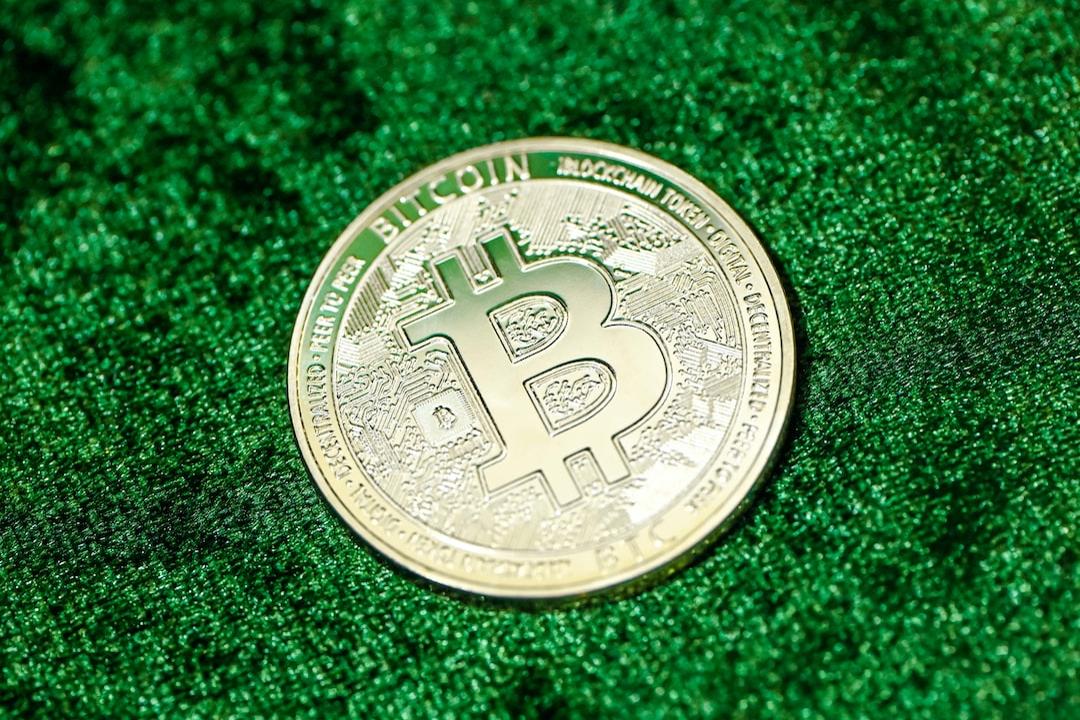The Securities and Exchange Commission (SEC) has submitted its final response to Ripple’s request to keep financial documents confidential. The SEC argues that these details are crucial for determining penalties, while Ripple claims that disclosing them could harm its competitive position.
The legal battle between Ripple Labs and the SEC has reached a significant turning point. On May 20, 2024, the SEC filed a comprehensive rebuttal to Ripple’s request to seal specific financial documents. This marks the last submission before Judge Analisa Torres of the Southern District of New York makes a decision on the remedies phase of this high-stakes case.
The SEC firmly opposes Ripple’s motion to hide important financial data and contractual terms that are critical to the court’s evaluation of appropriate remedies. The SEC emphasizes the importance of public access to judicial documents, highlighting its role in maintaining legal transparency and accountability. Referring to the precedent set in Lugosch v. Pyramid Co. of Onondaga, the SEC emphasizes that the right of public access to judicial documents is deeply rooted in the nation’s history.
While the SEC agrees to seal five exhibits, it disputes Ripple’s request to hide financial and securities sales information from the public, arguing that it is unlawful and that these details are crucial for the requested remedies. Assessing Ripple’s compliance and determining potential penalties requires access to this information. The SEC argues that Ripple cannot invite the public to form opinions about the SEC’s positions while simultaneously hiding the evidence on which those positions are based.
Ripple justifies its request for confidentiality by stating that public disclosure of sensitive financial details could harm its competitive position in the market. However, the SEC points out inconsistencies in Ripple’s argument regarding the relevance and sensitivity of the information. The SEC asserts that once an item is deemed relevant to exercising judicial power, the presumption of public access must carry significant weight. The SEC also challenges Ripple’s claim that the sealed information is irrelevant by highlighting its importance in the judicial process. Additionally, the SEC notes that some of the information Ripple wants to seal is outdated and unlikely to significantly impact Ripple’s current business operations.
The stakes are high as the lawsuit, initiated by the SEC in December 2020, revolves around allegations that Ripple conducted unregistered securities. In a significant development in July 2023, Judge Analisa Torres ruled that while XRP itself is not a security, institutional sales of XRP constituted investment contracts.
As the case nears its resolution, the SEC is seeking fines of up to $2 billion, while Ripple argues that any fines should not exceed $10 million, describing the SEC’s demands as “draconian.” Judge Torres’ upcoming judgment on the remedies will be crucial in determining the future of Ripple and its XRP token. Despite the legal uncertainties, XRP has demonstrated resilience in the market, with its current trading price above $0.54, reflecting a 1.1% decline for the day.


